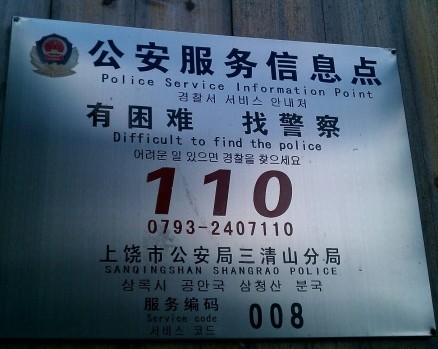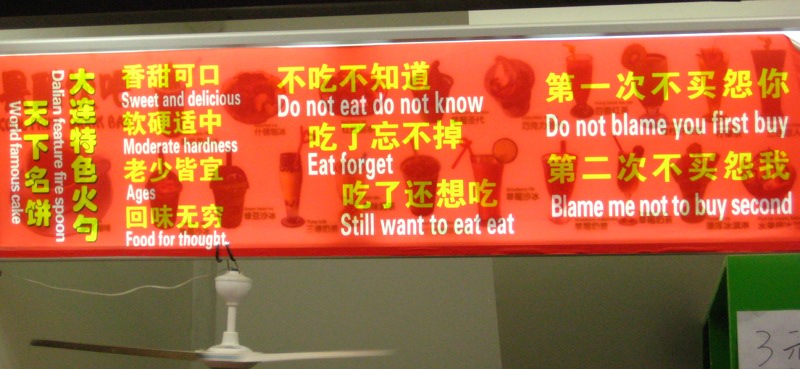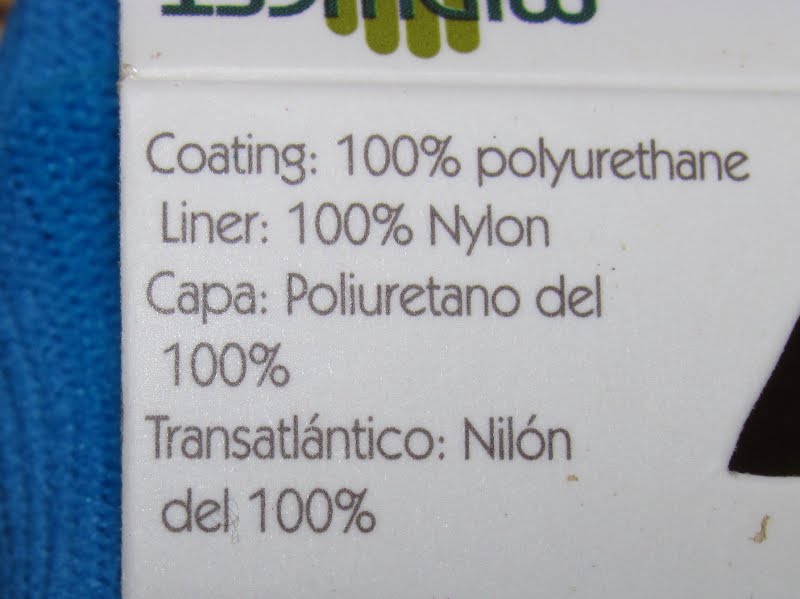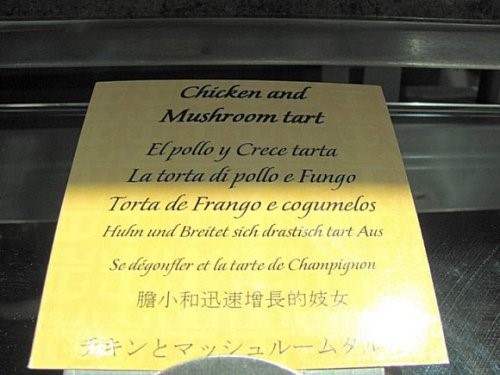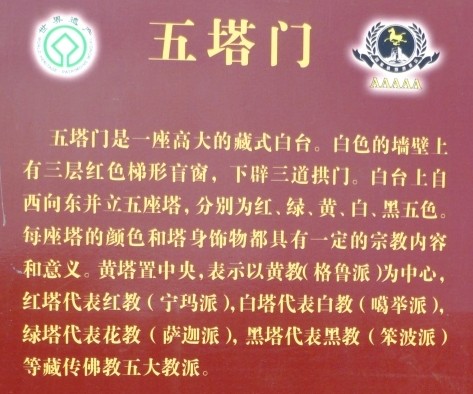There are four authentic Apple stores in China, two in Beijing and two in Shanghai, with plans to open another in Shanghai and one in Hong Kong by the end of the year. I've been in one of the Beijing stores and in one of the Shanghai stores; they are palaces of iPods, iPads, iPhones, and all manner of other Apple products.
A blogger in Kunming, Yunnan Province of China, has stumbled upon devilishly realistic Apple Store knockoffs — the whole kit and kaboodle, including circular stairs and laid-back staff in blue t-shirts who appear to believe that they are working for Apple Computer, Inc., not some Chinese shānzhài 山寨 ("imitation; pirated brand") outfit. Her account of these stores in Kunming (BirdAbroad (July 20, 2011, with later updates, including a video) "Are you listening, Steve Jobs?") has gone absolutely viral, with more than a million visitors to her site, and the story being picked up by thousands of news outlets.
Read the rest of this entry »
